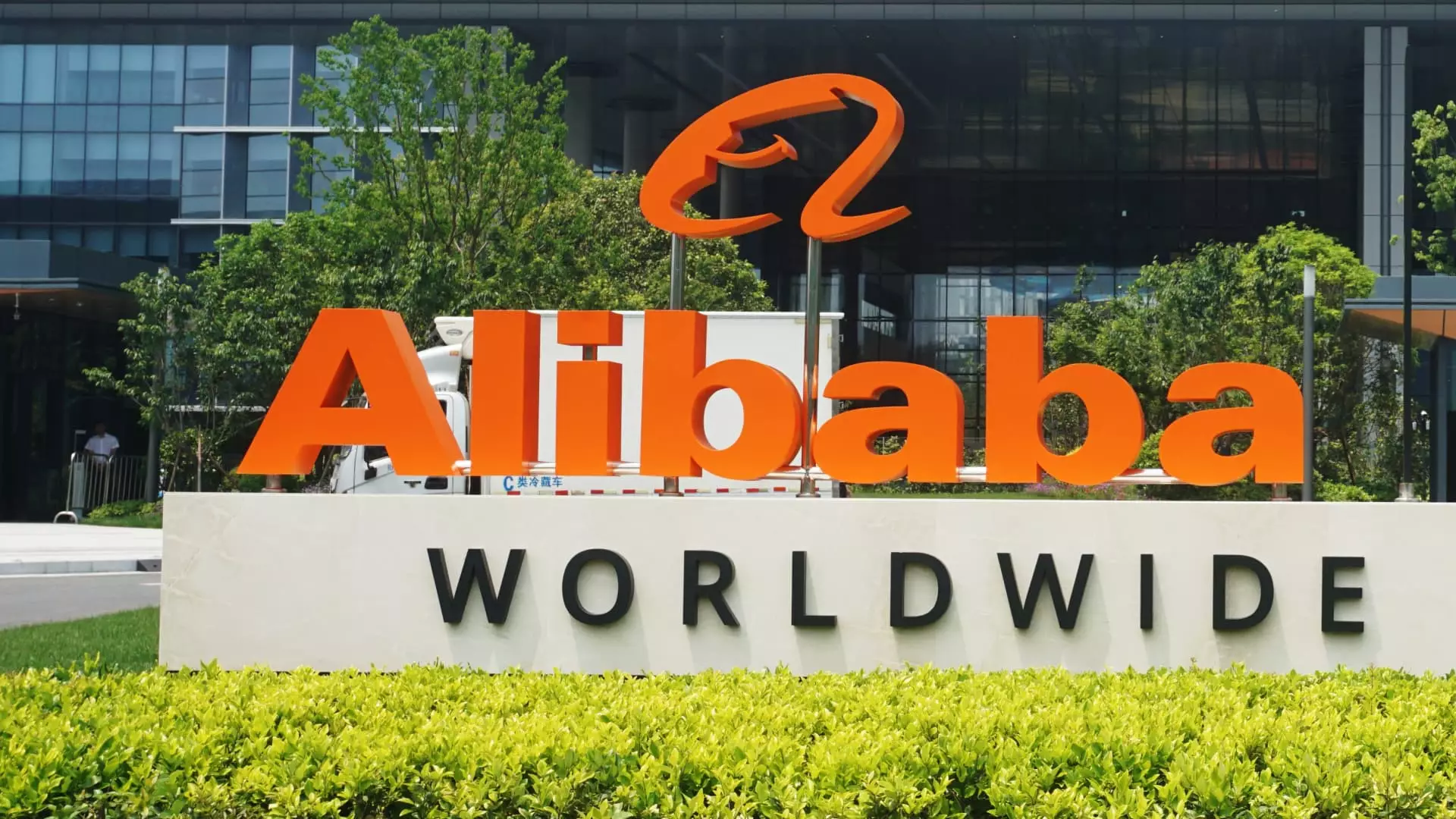In an ever-evolving global marketplace, effective communication is paramount for the success of e-commerce businesses. Recognizing this need, Alibaba, a leading Chinese e-commerce giant, has stepped forward with an upgraded translation tool known as Marco MT. This innovative artificial intelligence-based product claims superiority over established competitors such as Google, DeepL, and ChatGPT, as assessed by the translation benchmark Flores.
The Marco MT tool represents a significant advancement for Alibaba’s international arm, building upon a previous model introduced about a year ago which already supports over 500,000 merchants. This new iteration utilizes the capabilities of large language models (LLMs), enhancing its understanding of not just text, but also the cultural and contextually relevant nuances that vary from one region to another. Alibaba’s Vice President, Kaifu Zhang, emphasized the driving goal behind developing this tool: to enhance the profitability of merchants, ultimately benefiting the platform as well.
As international e-commerce flourishes, the implications of effective translation tools cannot be understated. Sellers can create product pages tailored to the preferences of their target audiences, reducing language barriers that often hinder sales opportunities. With more than 100 million product listings translated already since the initial launch, Alibaba is positioning itself as a key player in facilitating cross-border commerce.
The newly launched translation tool is powered by Alibaba’s own model, Qwen, which provides support for 15 languages including Arabic, Chinese, English, French, and Spanish. Notably, this versatility opens doors for merchants targeting diverse markets across Europe, the Americas, and emerging economies. Zhang’s statement on the expectation of “substantial demand” from these regions places emphasis on the growing need for effective tools that address language discrepancies in business transactions.
Moreover, Alibaba’s decision to adopt LLMs aligns it with modern technological trends in machine learning and artificial intelligence. These models, trained on vast datasets, are capable of generating more context-aware and human-like responses, a departure from traditional translation methods. This level of intricacy is vital in ensuring that colloquial expressions and culturally specific contexts do not get lost in translation, which could otherwise lead to misunderstandings, or worse, deter potential customers.
Alibaba’s translation tool is more than just a technological enhancement; it is a direct catalyst for better consumer experiences. For instance, Zhang shared insights on how a colloquial expression, when translated literally, could misrepresent a product’s appeal in different markets. By improving the contextual integrity of translations, Alibaba is not only boosting merchants’ sales potential; it’s enhancing overall consumer engagement during events like the Double 11 shopping festival, known for its extensive promotional activities.
This festival, a significant event in the Chinese retail calendar, epitomizes the opportunities enabled by efficient communication tools in marketing and sales. With an upgraded engine designed to facilitate authentic expressions, Alibaba is well-positioned to leverage this shopping phenomenon, ensuring that sellers can connect meaningfully with their audience.
Alibaba’s international ventures, such as AliExpress and Lazada, cater primarily to Southeast Asia, yet they reflect broader trends within the global marketplace. As Chinese companies extend their reach worldwide, competition is intensifying. Platforms like TikTok and PDD Holdings’ Temu are also tapping into international e-commerce, illustrating a landscape where robust tools for translation and communication are critical for success.
Market analysts at Nomura anticipate that Alibaba’s international revenue will continue to grow, albeit at a slightly slower rate than previously expected. While the main Chinese e-commerce platform, Taobao and Tmall, saw a decline in year-on-year sales, this dichotomy underscores the central focus shift towards international markets. This trend suggests a strategic reassessment on Alibaba’s part, aiming to capitalize on global expansion while refining their existing product offerings.
With the launch of Marco MT, Alibaba is stepping into the spotlight, not only as an e-commerce powerhouse but also as a leader in AI-powered communication tools. The emphasis on contextually relevant translations is a stride in breaking down barriers for global commerce, enhancing both the merchant’s operations and the consumer’s experience. As businesses increasingly seek footholds in international markets, effective, intelligent tools like Marco MT will likely play an integral role in shaping the future of global e-commerce engagement. Alibaba’s commitment to innovation indicates that it will continue to revolutionize how we communicate across language divides, setting a precedent for others in the industry.

